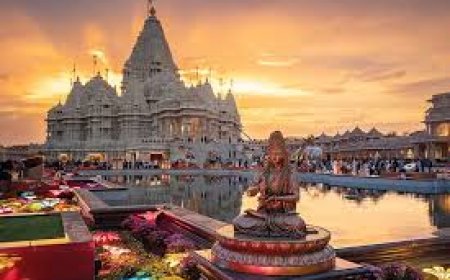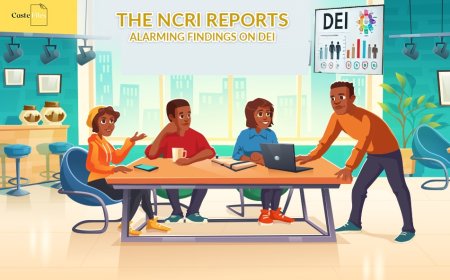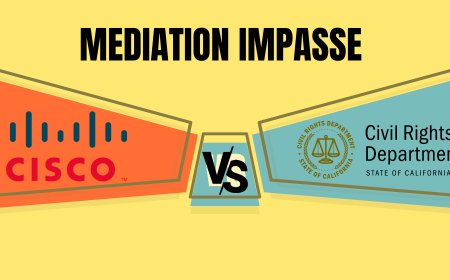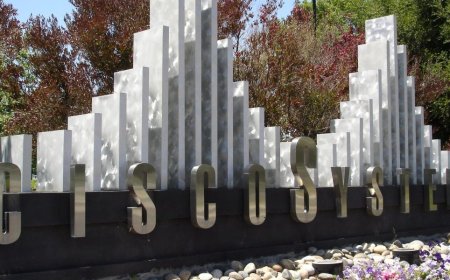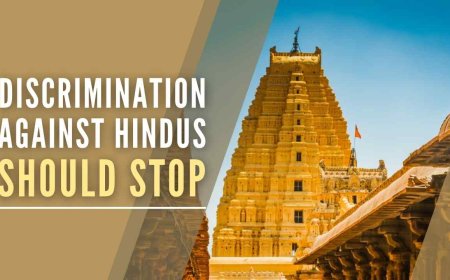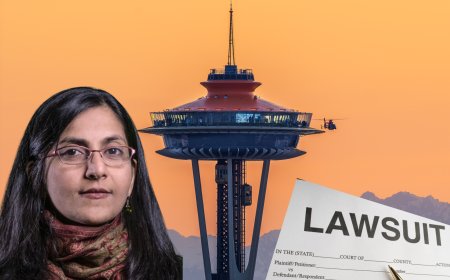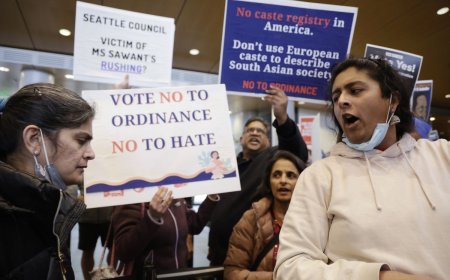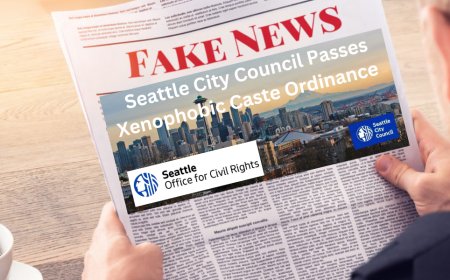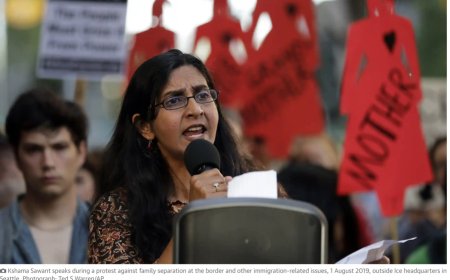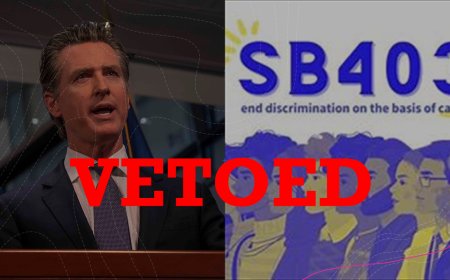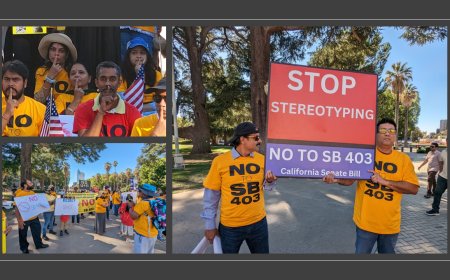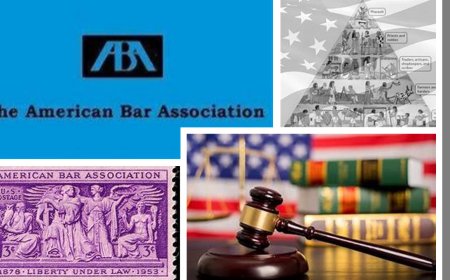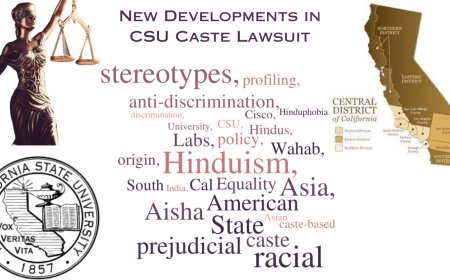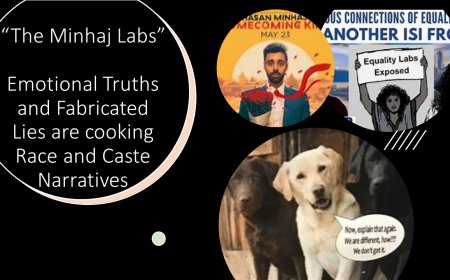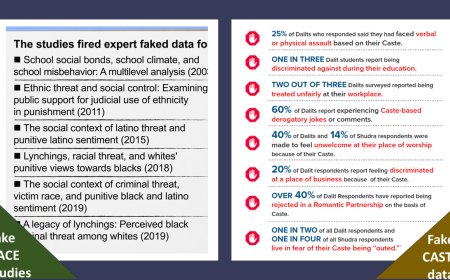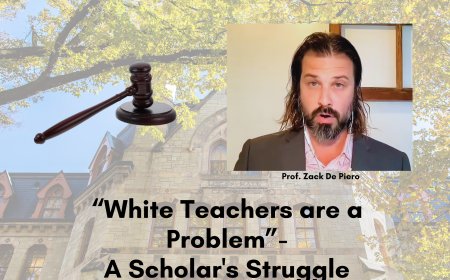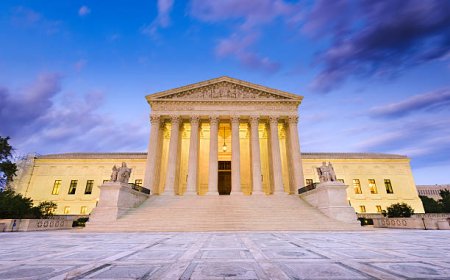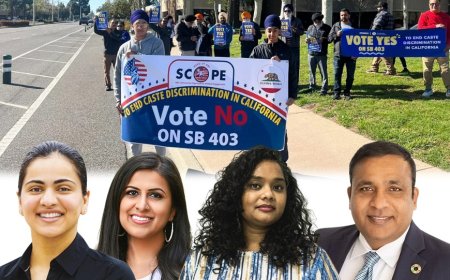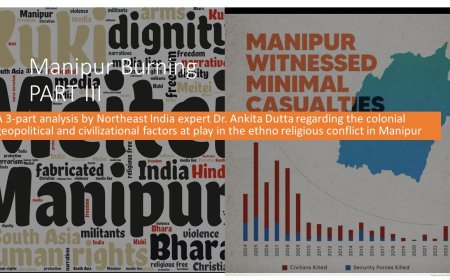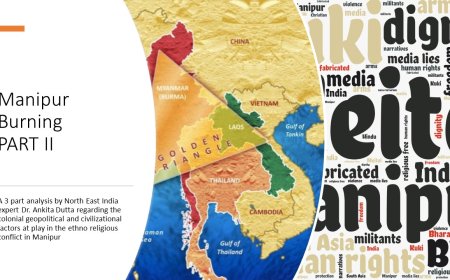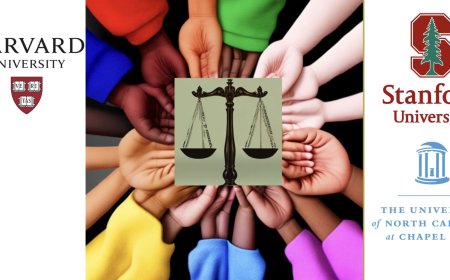SCOTUS Ends Racial Preferences in College Admissions, But New Battle Emerges: SB403 Threatens to Introduce Caste Discrimination in America
Supreme Court bans racial preferences in college admissions while a new concern arises with SB403 potentially introducing caste discrimination in the United States

Supreme Court Ban on Racial Preferences in College Admissions
On July 29th, 2023, the Supreme Court announced a ban on racial preferences in the United States for college admissions. Previously used to consider race as a factor in the American holistic admissions system, the system of racial preferences made it so that, according to Princeton Professor Thomas Espenshade, Hispanic and African Americans are six and sixteen times more likely to get admitted to top schools compared to their Asian counterparts. Even more surprising is that White people are three times more likely to get into a top college compared to Asian applicants.
While it is certainly good news not only for Asian-Americans, but for the whole country, that such a program is now part of the pages of history of the United States, the first question that now comes to mind is why: why did it take so long for what is, quite literally, discrimination based on race, to be eliminated in a society so influenced by the words of Martin Luther King Jr.? Why did such a program get started in the first place? How is it that a program that was meant to promote racial equality somehow penalized Asians, who suffered from bills like the Asian Exclusion Act and the Bellingham Riots, compared to White Americans?
Perhaps the most obvious answer lies in racial stereotypes. Colleges are under the belief that Asian-American college applicants are all born into a privileged lifestyle, went to Kumon classes throughout their childhood, and spent their high schools years solely developing extracurriculars for college without ever developing a personality of their own (a bias that can clearly be seen in Harvard University's admissions, where Asian Americans consistently received lower scores on "personality"; a criteria that is part of the process to decide who gets admitted to the university. There is also another bias that many believe supporters of racial preferences have, that under-represented minorities (such as African Americans) are all poor and need the help of the white savior to get ahead, a bias that was evident when Joe Biden noted that "poor kids are just as bright as white kids."
Historical Context: The Origins of Racial Preferences in the U.S.
The history of such stereotypes is not a recent one. Till 1952 from the 1922, Harvard and other Ivy-leagues were known for specific Jewish quotas that were based on the idea that Jews were inherently selfish and had amassed too much power in society and so needed to be limited. Even today, many of the same groups who attack the Jews and Israel today often attack Asian-Americans using the same tactic, claiming that there are "too many Asian-Americans" in colleges, limiting the personality and creativity of the campus, thus creating a pertinent need to control the number of Asian-Americans in the college pool. Such stereotypes become all the more destructive when one realizes that they were, in effect, endorsed by not only top institutes of learning, but by the Government of the United States of America, given the large amount of money that these top colleges receive in government aid.
Racial Stereotypes and Their Impact on College Admissions
As an Indian American, I've seen what this road, one of a blind dependance on stereotypes, leads to. My parents, and millions of others like them, came to America to escape a system of "reservations" in India, which outright reserved seats for members of certain communities known as "castes", a term introduced by European rulers in an attempt to force fit a feudal European mindset onto India's indigenous Jati-Varna system. This system, originally intended by even its proponents to go away within a few decades, not only still exists to this day, but has become so bad that it is nearly impossible for people from groups without reservations in colleges to get in anywhere, let alone the top colleges.
Even worse, it has pitted the various communities of India against each other—sometimes violently—as they battle for more seats within India's colleges, to the point that many politicians are solely elected on virtue of their belonging to a certain social group, such as the Marathas or the Jatts, on the assumption that they will ensure that more seats are reserved for their communities in colleges, without any regard to their actual ideology, policies, or character. Other members of Americans for Equality have seen similar things happen in their own countries, such as China and Vietnam, and share the sentiments of our community regarding racial preferences.
The Disappointment and Concerns over SB403: A Bill on Caste Discrimination
When we saw the decision of the Supreme Court, we celebrated, believing that America had been averted from going down the same, dangerous paths of our motherlands. Such sweet relief was dashed only days later, when we found out that the assembly had passed SB403, a bill that aims to, in the name of instituting protections against caste discrimination, not only bring the system of caste into the United States but give it the same ringing endorsement that the government of India has done with the reservation system, and that the government of America did for race with racial preferences. It might even be argued that the people behind SB403 are even worse than those behind racial preferences—the latter never explicitly said that they thought Asians were memorizing drones out loud, but the former has explicitly said that they believes that members of the Brahmin community are "inherently violent."
That such a bill has received resounding, unanimous endorsement from California Democrats, some of whom noted concerns that the bill would perpetuate discrimination against Hindu-Americans and then proceeded to vote for the bill anyways, and was opposed by only a handful of conscientious Republicans is not only scary for Hindus, but for all Americans, for if the California legislature, the vast majority of whom have no relation to Hinduism or any Dharmic faith whatsoever, can chose to legislate the beliefs of millions and endorse the efforts of someone who believes all of us to be inherently violent, what is to stop them from doing it to any other faith or ethnic group?
Advocating for Individual Character over Identity in Admissions
It is exactly for this reason that a coalition of not only Hindu, but Chinese, Vietnamese, Latino, and Muslim leaders has come together to oppose SB403 and the discriminatory, divisive ideology it perpetuates. All of us opposed racial preferencm es, even those of us who benefited from it, on the grounds that we ought to be judging people by their individual character, rather than a skin color that in no way, shape or form defines them. Looking ahead, we hope for unity and sensible decision-making to take precedence. It is for that same reason that we oppose SB403 and stand against it and other bills like it that may come forth to divide communities for the gain of a few. We are disappointed by the passage of the bill in the assembly and can only hope that Governor Newsom has the sense to abide by the wisdom of the Supreme Court, prevent the further division of our nation, and veto SB403.
Follow us on Twitter @CasteFiles

